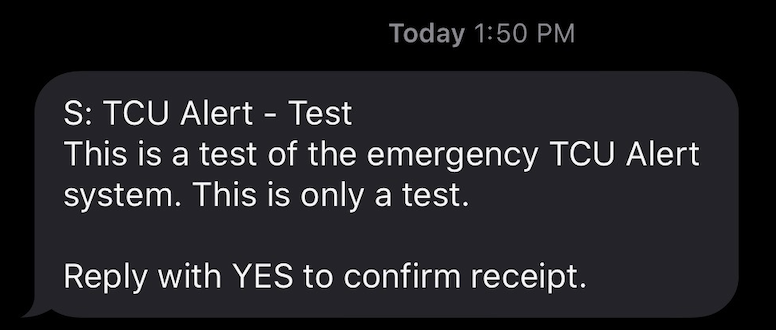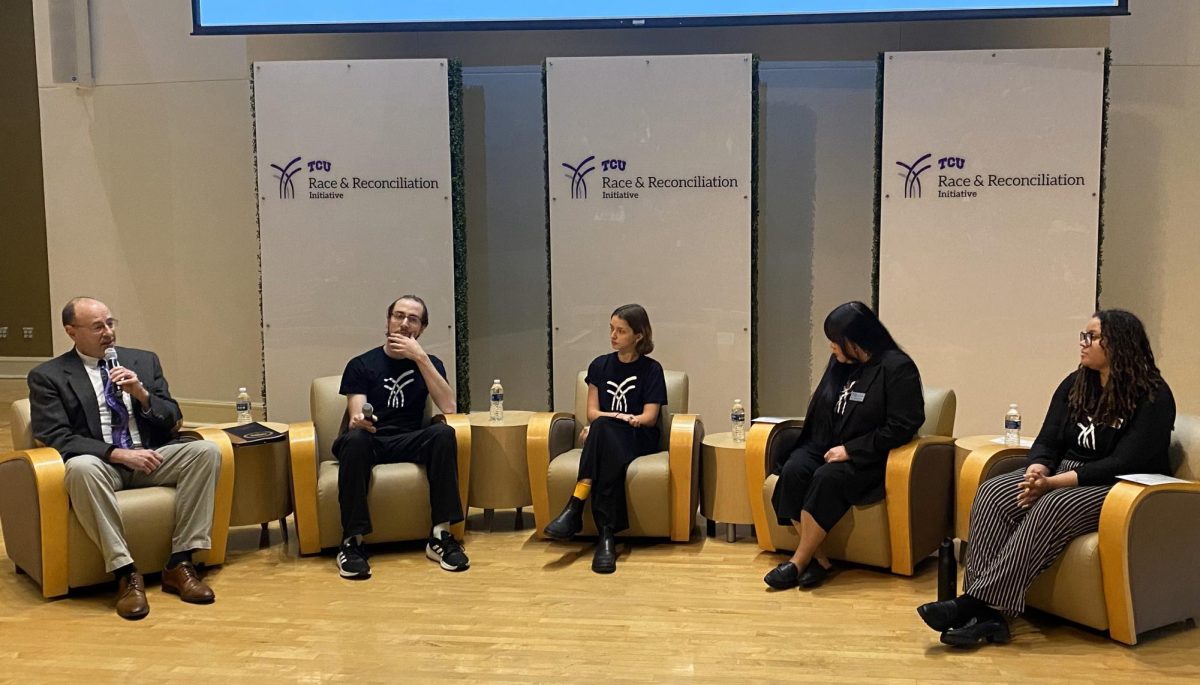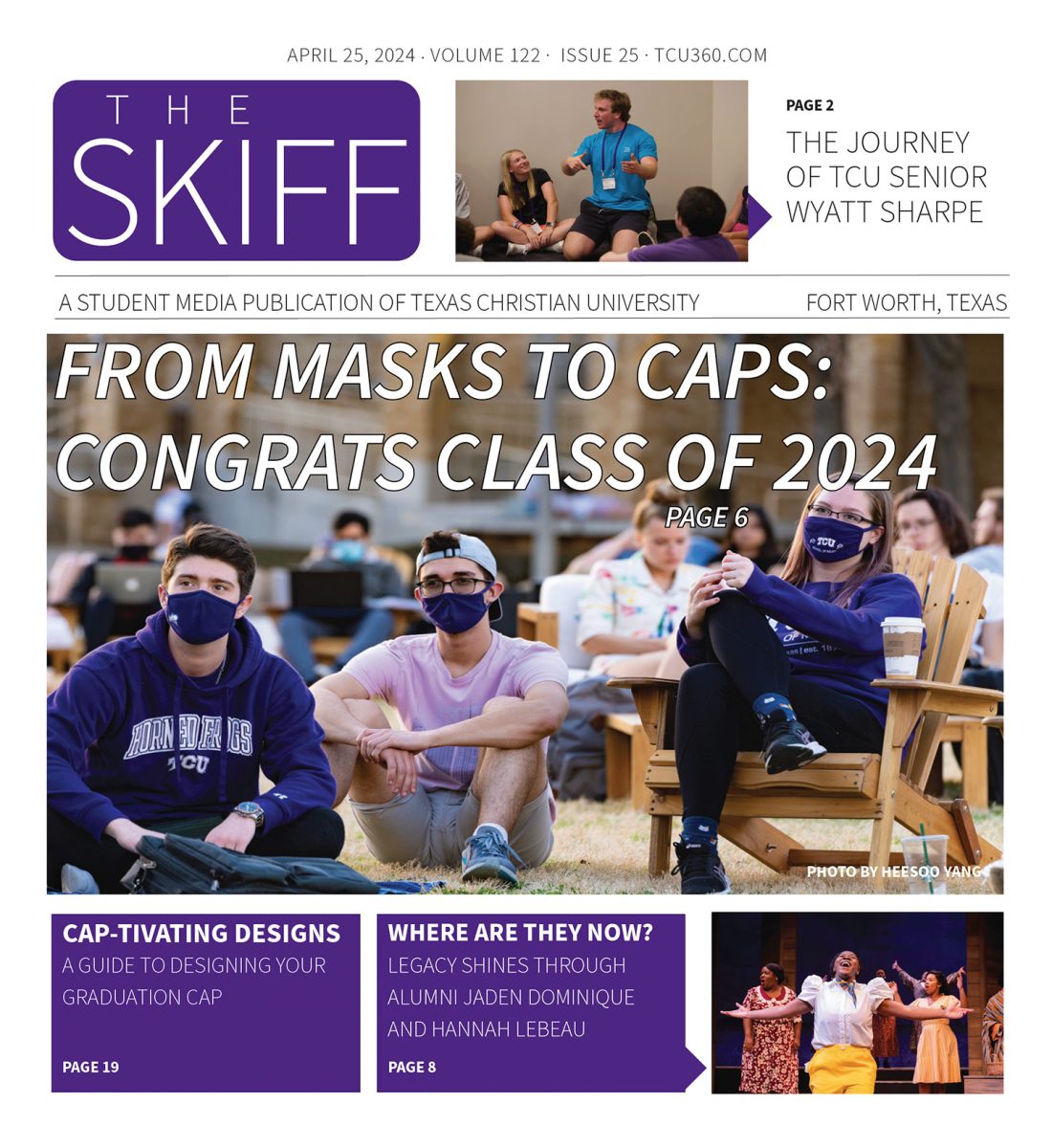TCU tested its alert-readiness system Tuesday; however, not everyone on campus may have understood the system’s verbal warnings and text messages.
Twenty-one percent of TCU staff members are Hispanic, according to TCU’s 2019 Human Resources Census, but last week’s alert was exclusively in English.
Concerns about the system only serving a portion of the TCU community arose two years ago following the incident where an armed person was on campus. Loudspeakers, emergency strobe lighting, text messaging, emails and phone calls were all deployed, but only in English.
Two years later, and the alert system continues to be monolingual.

The university is working to install software that offers as many as 20 language options in case an emergency arises, said Adrian Andrews, the assistant vice chancellor for public safety.
Andrews said the software could be implemented at the beginning of the 2020 fall semester.
“When training our students, faculty and staff we take into consideration that English is not everyone’s first language,” Andrews said. “We explain the importance of knowing at least four words in English, ‘Lockdown,’ ‘Evacuate’ and ‘Seek Shelter.'”
Andrews said every building on campus has emergency coordinators who are trained by the Department of Public Safety to take care of their area.
However, he’s not sure if every coordinator can speak more than one language.
“I am not sure if they are bilingual,” Andrews said. “Most of our custodial staff who are ‘Spanish first’ speakers are teamed with at least one bilingual coworker.”
For Maya Vela, a junior news and media studies major and comparative race and ethnic studies (CRES) minor, it is essential to create an environment where everyone feels safe.
“I think it is so important to have the TCU alert in different languages, especially Spanish,” Vela said. “On TCU’s campus, in particular, a lot of the staff members’ first language is Spanish. To not give the people who do the majority of hard labor on campus a chance to hear an emergency alarm in their native language is simply unjust.”
Vela, a Latina woman, defines herself as an activist for social justice and multicultural inclusiveness.
“I think that TCU needs to become more effective and genuine in their efforts to provide services in order to become more supportive of minorities on campus,” Vela said.
Looking forward, Andrews said he believes TCU will continue to work to be inclusive.
“I have worked in several professional offices all over the country for more than 30 years and I can honestly say that TCU works on a daily basis to be respectful and supportive of its students, faculty and staff’s race, religion and sexual orientation,” Andrews said.











